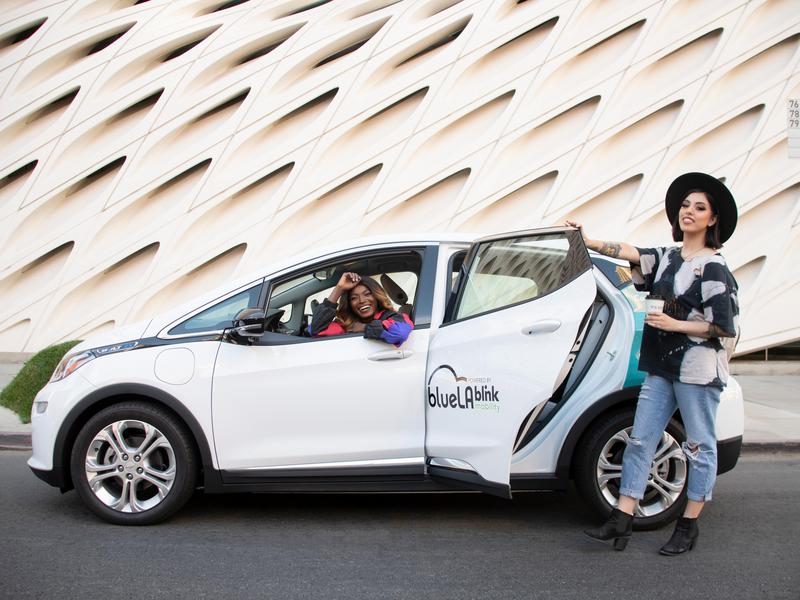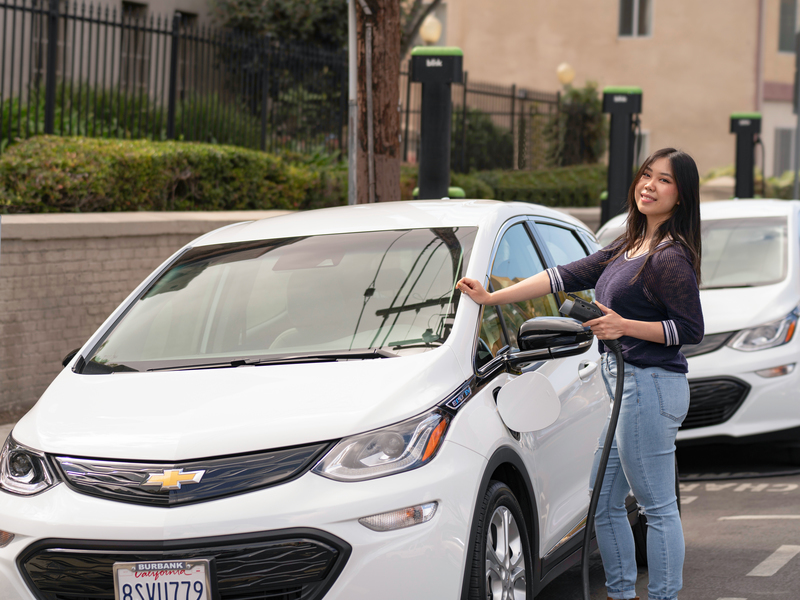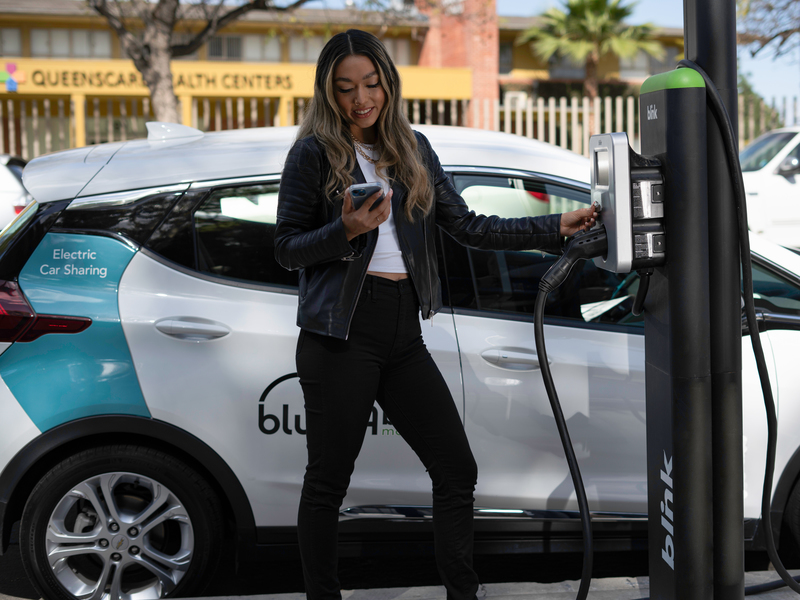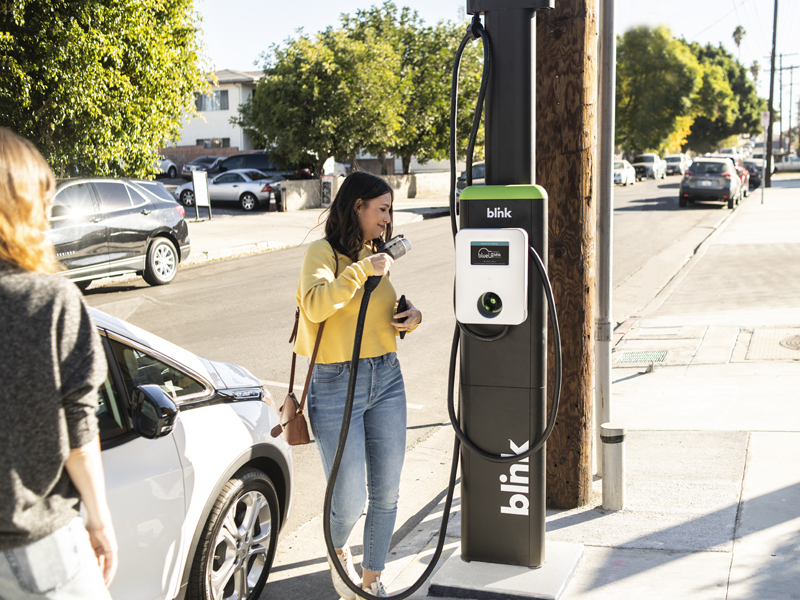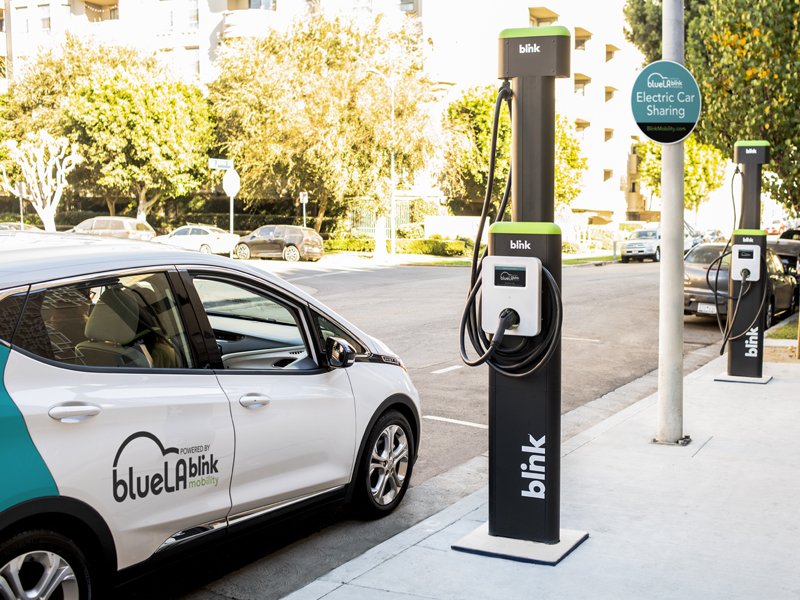Many potential buyers would like to own an EV, but cite cost as a deterrent. According to Inside EVs online, over 40% of consumers report “cost” as a reason not to buy an EV. Sticker-shock can turn consumers away from giving electric vehicles a chance. Used EVs present an opportunity to save money on the initial price; however, buying used also means consumers miss out on the many rebates available to new EV buyers. The thought of older EVs also scare away consumers who dread having to replace a pricey EV battery, but how likely is it a battery will need to be replaced? Buyers should study the details of buying new vs. used to make an informed decision.
What You’ll Pay for a New EV
According to MYEV.com, the least expensive new EVs start around $34,945 ($27,445 after tax credit) for the 2019 Kia Soul EV, $30,885 ($23,285 after tax credit) for the 2019 Nissan Leaf, and $31,390 ($23,890 after tax credit) for the 2019 Volkswagen EGolf. The Tesla Model 3 starts at $35,000, the mid-size Model S starts around $65,000, while the futuristic Model X checks in at $81,000.
According to Energy.gov, the federal IRS tax credit for purchasing a new EV is between $2,500 and $7,500 per EV purchased for use in the U.S. The size of the tax credit depends on the size of the vehicle, its battery capacity, and the number of vehicles a specific manufacturer has sold.
To find specific tax credit amounts for individual vehicles, visit FuelEconomy.gov’s website.
To qualify, the EV must be purchased new. Used and leased vehicles do not qualify.
Costs 57% Less
Every Year to Maintain an EV Over an ICE Vehicle
What You’ll Pay for a Used EV
Prices for used EVs vary by dealer of course, but CarMax.com features a 2017 Chevy Bolt for $25,998, a 2018 Nissan Leaf SL for $24,998, a 2015 Nissan Leaf SV for $11,998, a 2012 version of the Leaf for $8,998, and a 2013 Ford Focus Electric for $11,998.
While older used EVs clearly offer consumers a big savings, newer used EVs may actually end up being more expensive than new cars because they lack the EV tax credit, making some used EVs a better deal than others.
What About That Battery?
Many EV buyers are concerned about battery life. The unfortunate reality is that all EV batteries will eventually need to be replaced—typically a 4-figure repair bill– however, EV batteries last quite a bit longer than most people think. Typical gas-powered car drivers often base their knowledge of EVs on gas-powered car batteries, which don’t last long and can fail entirely for something as inconsequential as accidentally leaving on an overhead light.
While different batteries in different cars with different manufacturers degrade at different rates, at the top of the heap is Tesla, which showed 8% loss of battery life over 150,000 miles. This would suggest “these batteries could retain 80 percent capacity at 500,000 miles.” Most gas-powered cars fail completely near 160,000 miles.
Other factors also contribute to the degradation of an EV’s battery life including the frequent use of superfast and high-powered charging stations. Research shows that making use of fast, level 2 AC charging stations, such as the Blink IQ 200, has less of a negative impact on the battery than fast chargers.
According to AutoTrader’s tips for buying used EVs, a more typical, less expensive EV’s battery is designed to last about 10 years. So those purchasing older models in the 2014-2015 range will still have around 5-6 years of battery life remaining. Most manufacturers cover a battery that dies early in the warranty. Of course, if you purchase an EV in the $8-9,000 range, and factor in the lower price of electricity vs. gasoline, paying for an EV battery may no longer be a hardship.
Maintenance of EVs
Without an internal combustion engine, maintenance on EVs is generally rare, and EV owners report few or no maintenance issues.
How long a buyer intends to keep a car, at what age they will replace it, and whether they prefer tax credits over lower sticker prices, or lower prices over future convenience, are all factors in determining whether a new or used EV is the right choice for you. Clearly, however, the price of used EVs cannot be counted as a barrier to ownership. Used EVs are a great way to become familiar with electric vehicles at a lower buy-in.
Recommend for You
Stay Informed
Join our mailing list for hot news and company updates.


